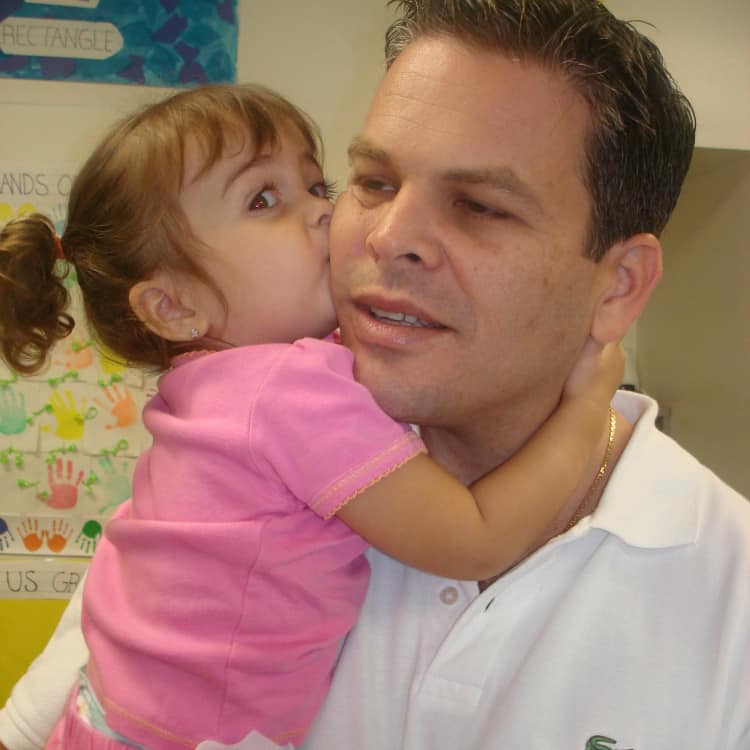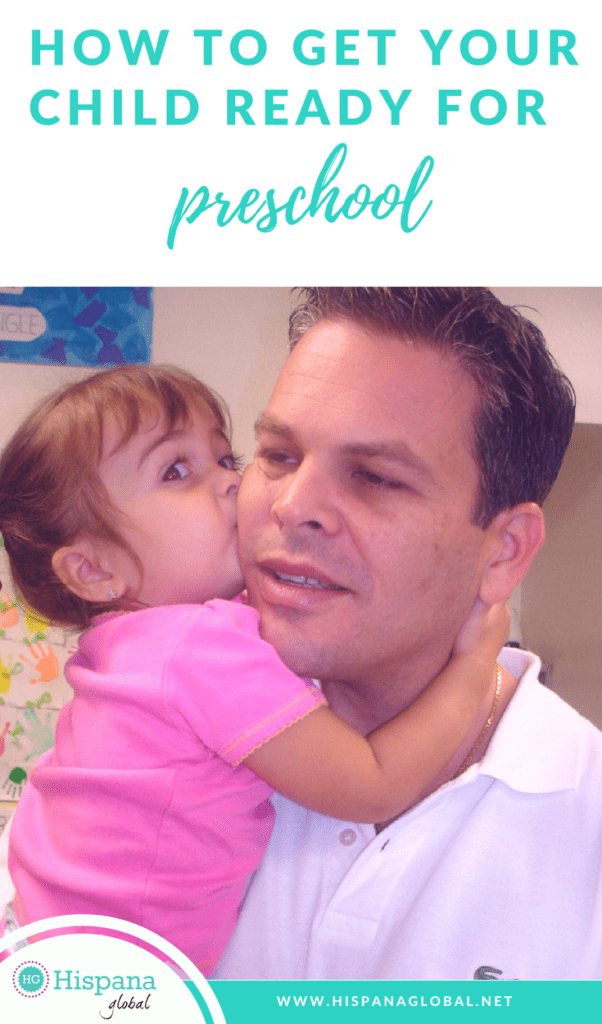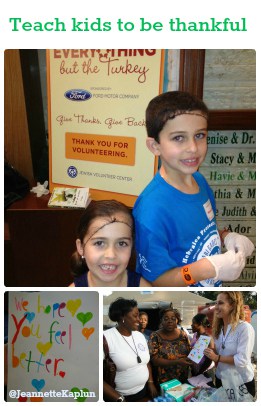7 tips to prepare your child for preschool

If your child is attached to an object (a stuffed animal or blanket), ask if you can take it to school to help soothe him or her. Some preschools allow children to bring their transitional objects but require them to be stored in a backpack or cubby. If they are not allowed at all, you’ll need to get your child used to the idea of leaving the house without blankies or toys before he or she begins preschool. Just know that if you wait until the last minute, your little one will associate school or daycare with something negative: being separated from his or her blanket or stuffed animal. If you need to ease his or her dependence on a transitional object, do so at least two weeks before preschool starts. You can start by leaving the blankie in the car when you go out, for example.
7 tips to help your child get ready for preschool
1. Explain what a school is and how fun it is to go there. Buy a book that shows one of your child’s favorite characters going to school. There are also many children’s series that address the first day of school.
2. Do a tour with your child. This will allow both of you to get familiarized with the school or daycare center. Point out the bathroom and the playroom or playground, and explain where he or she will eat snacks so your child know where things are and what to expect. Don’t forget to sound excited!
3. Make sure to do a meet and greet. Introduce your child to his or her teacher or caregiver before starting classes. Take a picture of them so once you get home, you can explain how much fun they’ll have together and mention some of the fun activities they’ll do.
4. Be calm and confident. Children are very sensitive to our emotions and if they perceive that you have any apprehension or fear towards preschool or daycare, they will absorb those feelings and react accordingly. Do not show your anxiety or any doubts you might feel about this new adventure. And in case you had any doubts, you should not cry in front of your kid the first day!
5. Find out if you are allowed/expected to spend time with your child the first day. This is important because if you will be spending time in the classroom the first day, you need to explain beforehand that mom or dad will be with him or her as a special treat. However, it is very important to clarify that this is the first day only. Also, if other parents will stay but you need to get back to work, explain why you are leaving but that you will be back in just a few hours.
6. Always remember to say goodbye. Don’t think that it will be easier if you just slip away and don’t bid farewell to your child. You need to remind her or him that you will come back to pick her or him up. When my son cried, I always told him that mommy would be back and that he could look at my picture in his backpack if he missed me.
7. Expect your child to cry more the second day than the first. Why? Because your child knows what to expect; he or she knows that you will leave him or her. It’s normal so don’t panic. Each day things will get a bit easier, especially if your child is attending preschool every day. Slowly he or she will get used to this new routine.
Each time you pick up your child, ask the teacher or caregiver about the day’s events and ask if there is anything you should know about. This will give you peace of mind and reassure you that everything is okay. It does get better with time and someday your child will just wave back to you and say “’Bye!” as he or she walks to play with his or her new friends.
Good luck with this new adventure!







